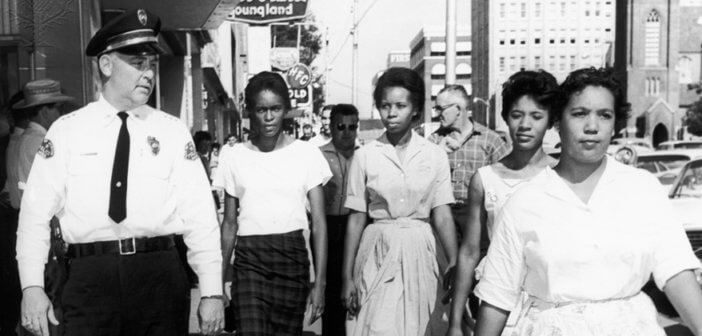A recent editorial in Christianity Today magazine acknowledges how the magazine failed in confronting racism during critical years of the civil rights movement. Lovett H. Weems, Jr., reflects on the power of such repentance and how such failures cross all theological boundaries.
The December 2018 issue of Christianity Today carried an editorial with the provocative title, “Where We Got It Wrong.” Editor-in-Chief Mark Galli laid out with tough honesty the failure of the magazine to confront racism during the critical civil rights years. Galli admits that Christianity Today “did not lead as much as reflect the moral ambiguity and confusion of that era’s white evangelical churches.” He points to articles “meant apparently to appease Southern evangelicals.” He concludes, “Though today we champion racial justice as a vital component of Christian discipleship, we must acknowledge and repent of this part of our history.”
That editorial and the spirit behind it are welcome words for those who remember the missing voices of many evangelical leaders and their publishing outlets during some of the hardest times for white and black clergy trying to navigate once-in-a-lifetime social change. Nevertheless, my experience as a pastor in Mississippi during those years was that some of the most dependable allies for civil rights were often evangelical pastors. The truth is that all branches of Christianity, including Wesleyan parts, can and should acknowledge “where we got it wrong,” since we all have.
There is a new fundamentalism today. For some, it is built around doctrine. For others, it is a fundamentalism of moral behavior. For still others, the fundamentalism centers on social or political positions. In an atmosphere of so much certainty, what becomes lost is the reality that all of us — no matter how true our doctrine, how spotless our moral behavior, or how pure our social principles — are in need of God’s grace and love, as well as judgment and forgiveness, for all our human limitations.
When Paul reminds us of the primacy of Christ and the cross, notice the wording: “For the message of the cross is foolishness to those who are perishing, but to us who are being saved, it is the power of God” (I Cor. 1:18). If there is a need for a greater assertiveness about the primacy of Jesus Christ, there is also a need for a greater humility that comes from knowing we are all being saved.
The Wesleyan movement was first a religious revival that stressed personal religious experience. From the beginning however serious attention was given to the implications of repentance for social issues. No one branch of the Wesleyan witness has a monopoly on Jesus or justice. If anything, history shows how much we need to learn from one another.
While our own convictions remain strong, may our respect grow ever stronger for others to whom God has revealed wisdom differently — until that day when we all see clearly and no longer “through a glass darkly.”




